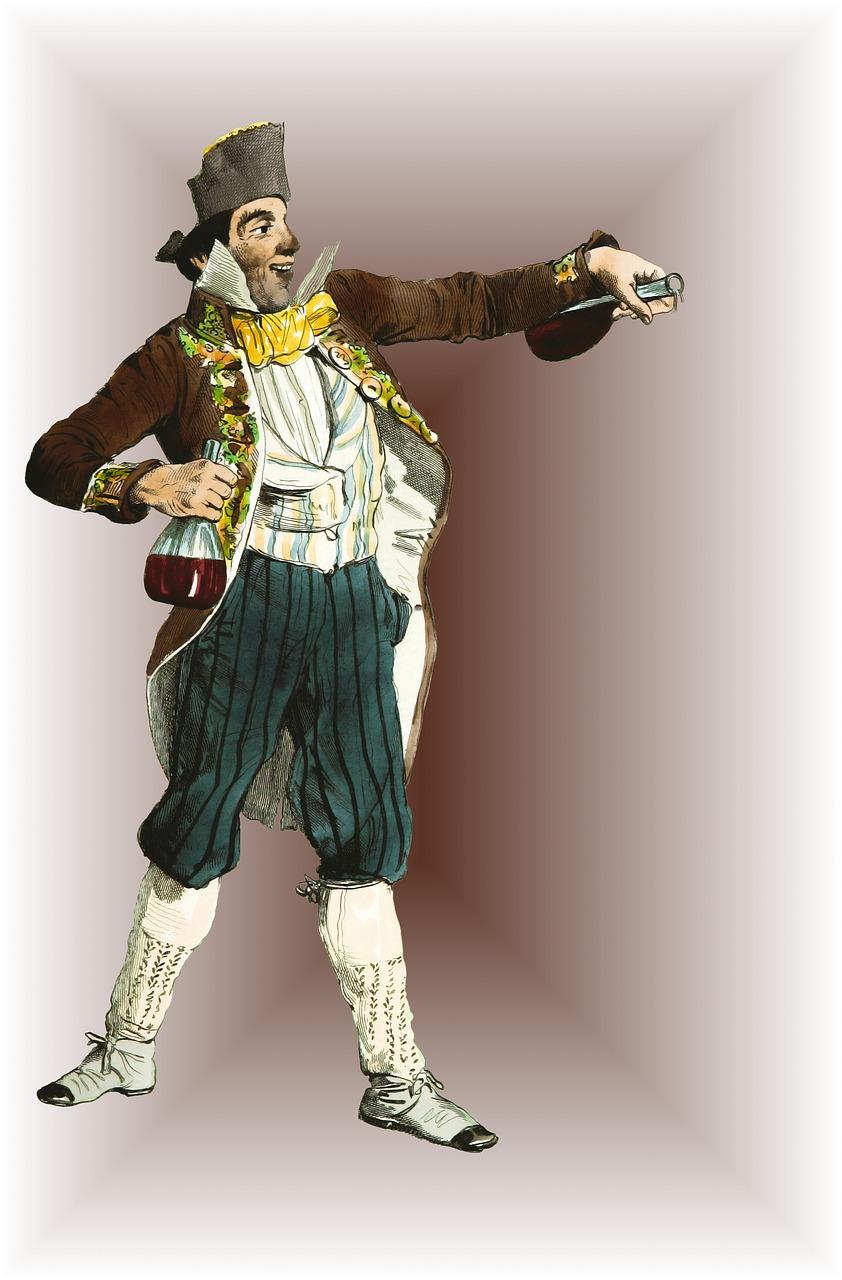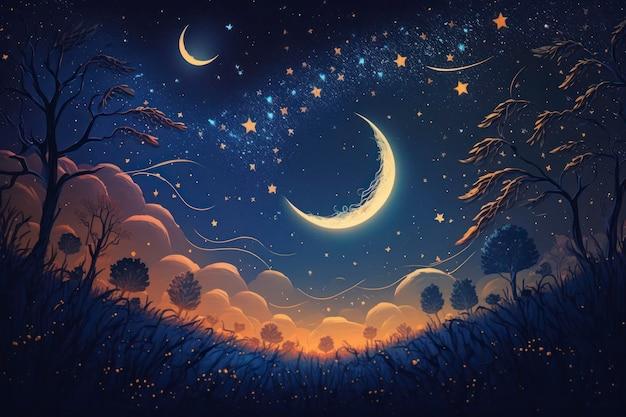Ah, Twelfth Night! A delightful comedy that brings together mistaken identities, mischievous pranks, and a merry mix-up of love. Written by the renowned playwright William Shakespeare in the early 1600s, this play continues to captivate audiences with its witty wordplay and entertaining plot twists.
In a nutshell, Twelfth Night revolves around the story of a shipwrecked young woman named Viola, who disguises herself as a man named Cesario. As the tale unfolds, Viola finds herself caught in a love triangle, with Count Orsino expressing his deep affection for the disguised Viola, while she herself falls in love with him. This enchanting love triangle is further complicated by the appearance of Viola’s presumed dead twin brother, Sebastian, leading to a series of mistaken identities and hilarious misunderstandings.
But Twelfth Night offers more than just a comedic romance. It explores themes of love, identity, and the revelry that traditionally marked the twelfth night celebrations in Shakespearean England. Through the lively interactions of a diverse cast of characters, including the witty fool Feste and the pompous steward Malvolio, Shakespeare reminds us of the follies and complexities that arise when love and mischief intertwine.
Come along as we delve into the enchanting world of Twelfth Night, discover why it continues to be an important work of Shakespeare, and unravel the intricate layers of this timeless comedy. Let’s explore the enchanting world of love, mistaken identities, and merry mayhem that make Twelfth Night a beloved classic to this day.
What is Twelfth Night about in a Nutshell
Unveiling the Mirth and Confusion of Shakespeare’s Twelfth Night
So you want to know what the uproariously hilarious play, Twelfth Night, is all about? Well, my dear reader, you’re in for a treat! Grab your popcorn, or shall I say quill and ink, because I’m about to take you on a journey through the mystifying world of mistaken identities, love triangles, and witty banter.
Love, Mistaken Identities, and a Shipwreck to Boot!
Twelfth Night begins with a classic Shakespearean trope: a good old-fashioned shipwreck. Our story takes place in the enchanting land of Illyria, where a cascade of comedic chaos ensues. Viola, our plucky protagonist, finds herself shipwrecked on the shores of this mystical land.
Viola’s Cunning Plan: Disguise is the Name of the Game
With her twin brother, Sebastian, nowhere to be found, Viola must think fast to survive in Illyria. So what does she do? She comes up with a cunning plan, of course! Viola decides to disguise herself as a man named Cesario, and believe me, things get delightfully tangled from there.
The Love Triangle Tango
Where would a Shakespearean comedy be without a love triangle? Twelfth Night presents us with not just one, but multiple love triangles that will leave you scratching your head (in a good way, I promise). Viola, disguised as Cesario, falls in love with Duke Orsino, who is head-over-heels for the Lady Olivia. But hold on tight because it’s about to get even more complicated!
Olivia’s Got a Crush on…Viola
Yes, you read that right! Olivia, the object of Duke Orsino’s affection, becomes infatuated with none other than Viola (remember, Viola is disguised as Cesario, a man). Talk about a twist! In a hilarious turn of events, Viola finds herself caught between Orsino’s love and Olivia’s unexpected desires.
Pranks, Laughter, and the Folly of Foolery
As if love triangles weren’t enough, Twelfth Night treats us to a cast of unforgettable characters. From the mischievous Maria to the witty Fool, Feste, this play oozes with pranks, laughter, and the folly of foolery. Shakespeare masterfully weaves humor into every line, leaving the audience in stitches.
Conclusion: Twelfth Night, a Comedy for the Ages
So there you have it, my dear reader, the essence of Twelfth Night in a nutshell. It’s a play that captures the essence of love, mistaken identities, and the sheer hilarity of human folly. If you’re in need of a good laugh and a touch of Shakespearean genius, look no further than Twelfth Night.
Now, let the festivities begin, and may your journey through Illyria be filled with mirth, confusion, and laughter that echoes well beyond the twelfth night.
Note: “What is Twelfth Night about in a nutshell?” is rewritten as “Unveiling the Mirth and Confusion of Shakespeare’s Twelfth Night.”
FAQ: Key Questions About Twelfth Night Answered
What Happens in Twelfth Night
In a nutshell, Twelfth Night is a hilarious and complex comedy by William Shakespeare. The play revolves around a case of mistaken identity, romantic entanglements, and comical confusion. Viola, a young woman, disguises herself as a man named Cesario and serves Duke Orsino, who is in love with Countess Olivia. However, things take a hilarious turn when Olivia falls in love with Cesario—who is actually Viola in disguise!
Why is Twelfth Night Significant
Twelfth Night holds great literary and cultural importance. It is traditionally performed as part of the Twelfth Night festivities, which mark the end of the Christmas season. The play explores themes of love, gender roles, and the foolishness of human behavior. With its witty dialogue, memorable characters, and timeless humor, Twelfth Night continues to captivate audiences over 400 years after its creation.
How is Feste Portrayed in Twelfth Night
Feste, the fool or jester in Twelfth Night, adds a delightful touch of comedy and entertainment. He is portrayed as a witty and perceptive character who uses wordplay and music to both entertain and enlighten others. With his sharp observations and clever puns, Feste often serves as the voice of reason amidst the chaos of the play. His interactions with the other characters provide insight and serve as a source of humor.
Why is Twelfth Night Considered a Comedy
Twelfth Night is classified as a comedy because it features a light-hearted and humorous plot, typically with a happy ending. The play’s comedic elements include mistaken identities, exaggerated situations, and amusing wordplay. Shakespeare masterfully intertwines romance and humor, creating a comedic atmosphere that makes Twelfth Night a delightful and enjoyable experience for the audience.
Who Loves Whom in Twelfth Night
Love triangles abound in Twelfth Night, adding to the play’s complexity and comedic value. Duke Orsino loves Olivia, but Olivia falls for Cesario (who is actually Viola in disguise). Viola, on the other hand, has secretly fallen in love with Duke Orsino. This tangled web of unrequited and misplaced love sets the stage for humorous misunderstandings and romantic complications throughout the play.
What is the Essence of Twelfth Night
The essence of Twelfth Night lies in its exploration of love, identity, and the folly of human nature. The play delves into the themes of disguise, mistaken identity, and the fluidity of gender roles. It cleverly demonstrates how love can confuse and complicate even the most rational minds. Ultimately, Twelfth Night serves as a reminder that appearances can be deceiving and that true love can triumph over all obstacles.
Why Does Feste Stop Teasing Malvolio
Feste, the witty jester, eventually ceases his teasing of Malvolio—the pompous and self-righteous steward of Countess Olivia. Feste’s jests at Malvolio’s expense, including the famous yellow stockings prank, reach a point where they become cruel and go beyond harmless fun. Feste, recognizing the consequences of his actions and the detrimental effect they have on Malvolio’s emotional well-being, chooses to stop teasing him out of compassion and empathy.
What is the Meaning of Twelfth Night
Twelfth Night refers to the twelfth night after Christmas Day, also known as the Feast of Epiphany. It marks the eve of the Christian feast that celebrates the visit of the Magi or Three Wise Men to the infant Jesus. This holiday, often associated with revelry and misrule, is the backdrop against which the events of Shakespeare’s play unfold. Twelfth Night encapsulates the spirit of festivity, merry-making, and the suspension of social norms characteristic of the holiday season.
Who is Fabian in Twelfth Night
Fabian is a minor character in Twelfth Night, known for his mischievous nature and involvement in pranks. He is part of Sir Toby Belch’s group and joins in their plot against Malvolio. Although his role is not as prominent as some of the other characters, Fabian contributes to the play’s comic elements and highlights the theme of mistaken identity. His inclusion adds an extra layer of chaos and misadventure to the already topsy-turvy world of Twelfth Night.
Happy reading and untangling the web of mistaken identities in Twelfth Night!

